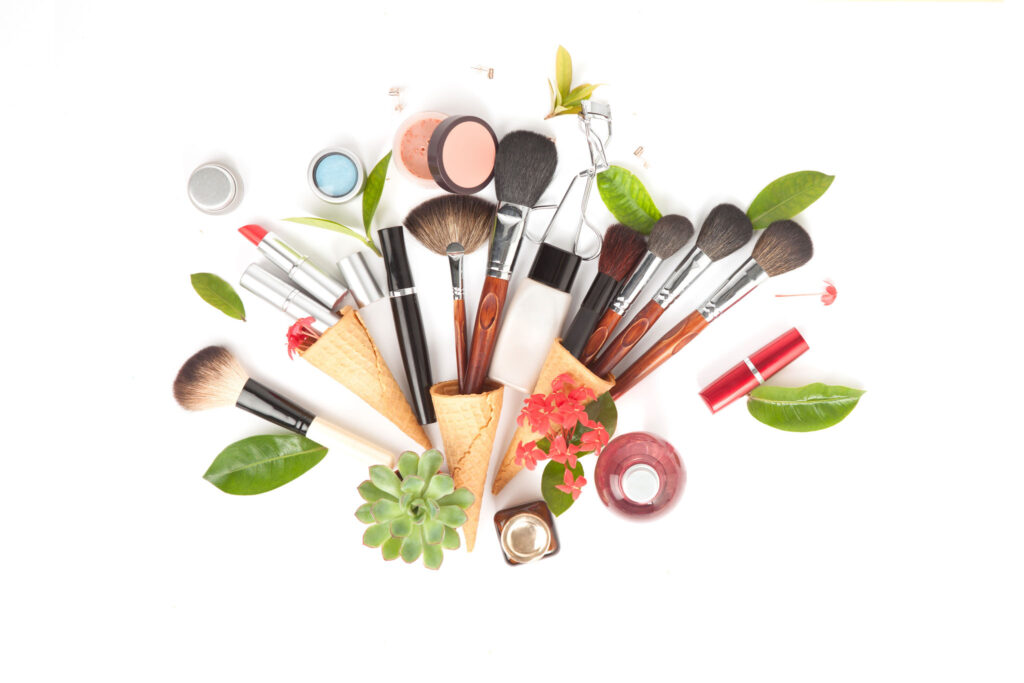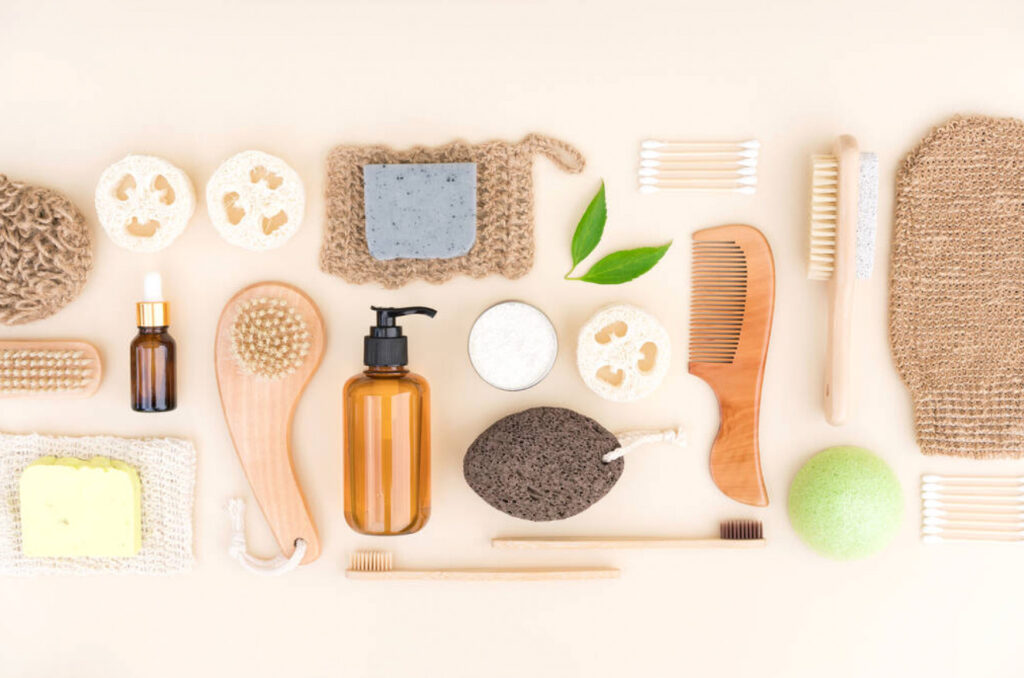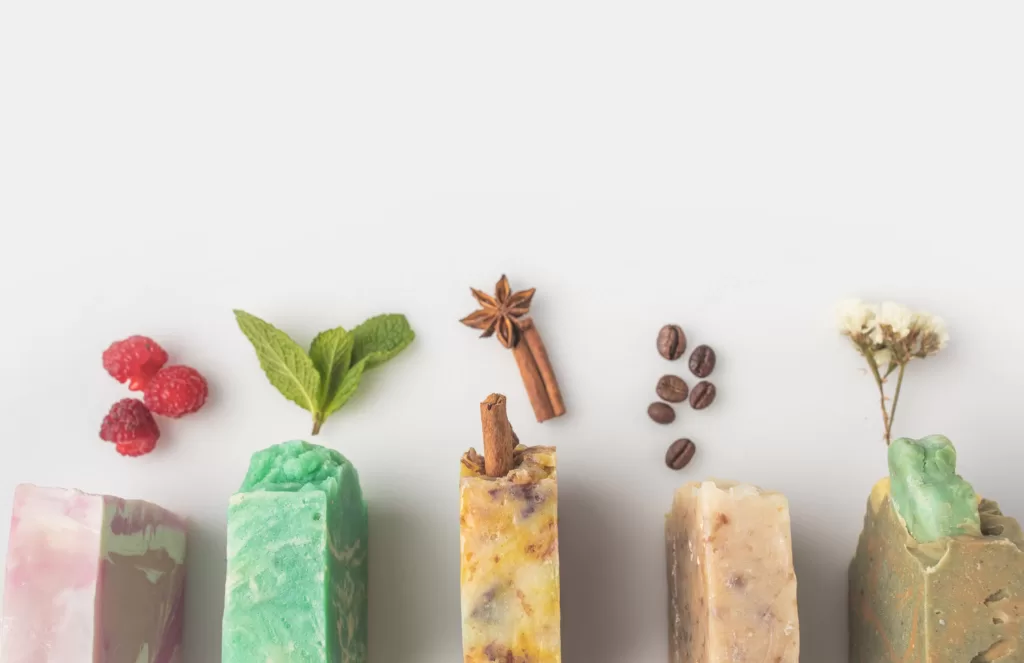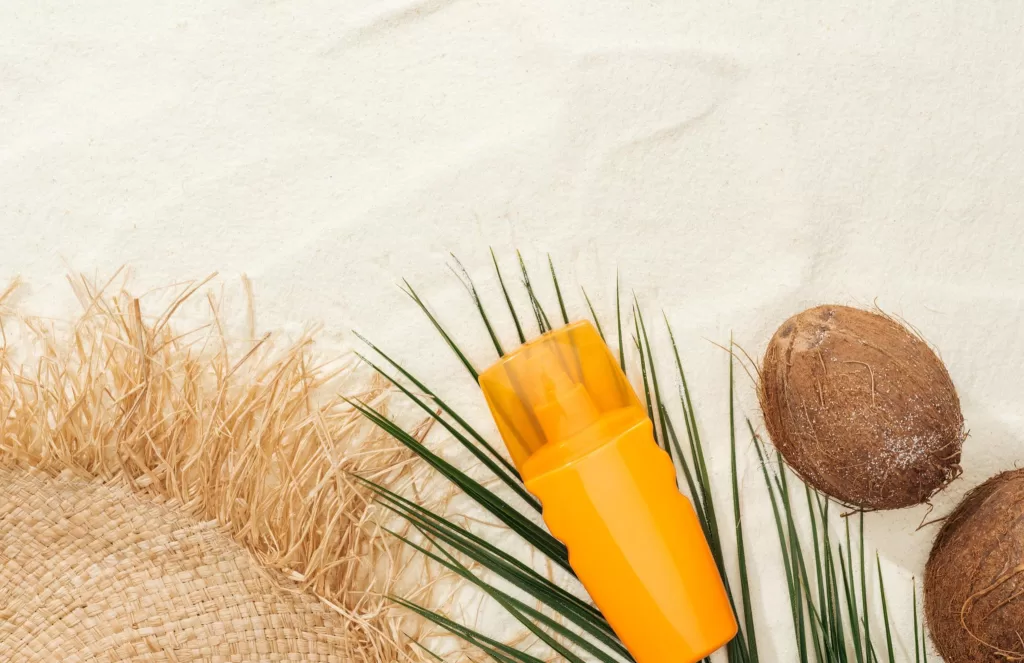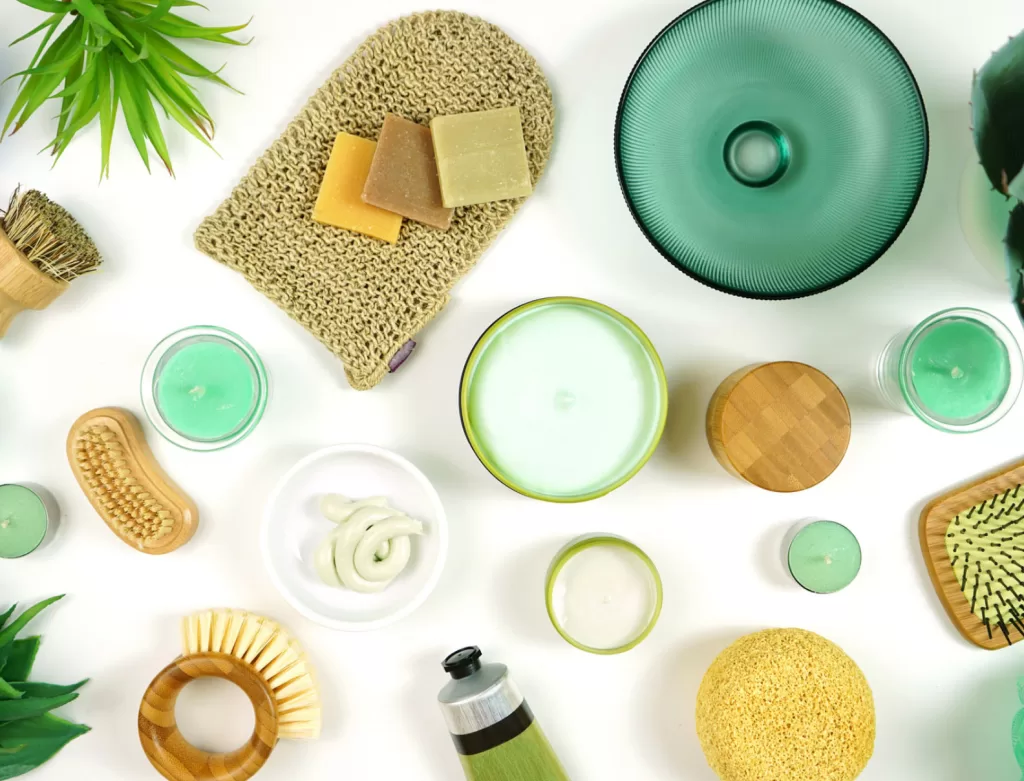Beauty Product Certifications Explained
Estimated reading time: 14 minutes
Want to create a more eco-friendly beauty routine? Whether you’re a professional makeup artist or an average cosmetic products user, having a better understanding of the label can help! I know that all the different sustainable beauty product certifications in the industry can be confusing and overwhelming. From ingredients, the environment, social standards, to animal cruelty, this article aims to help explain the industry’s numerous sustainability certifications for health and beauty products.
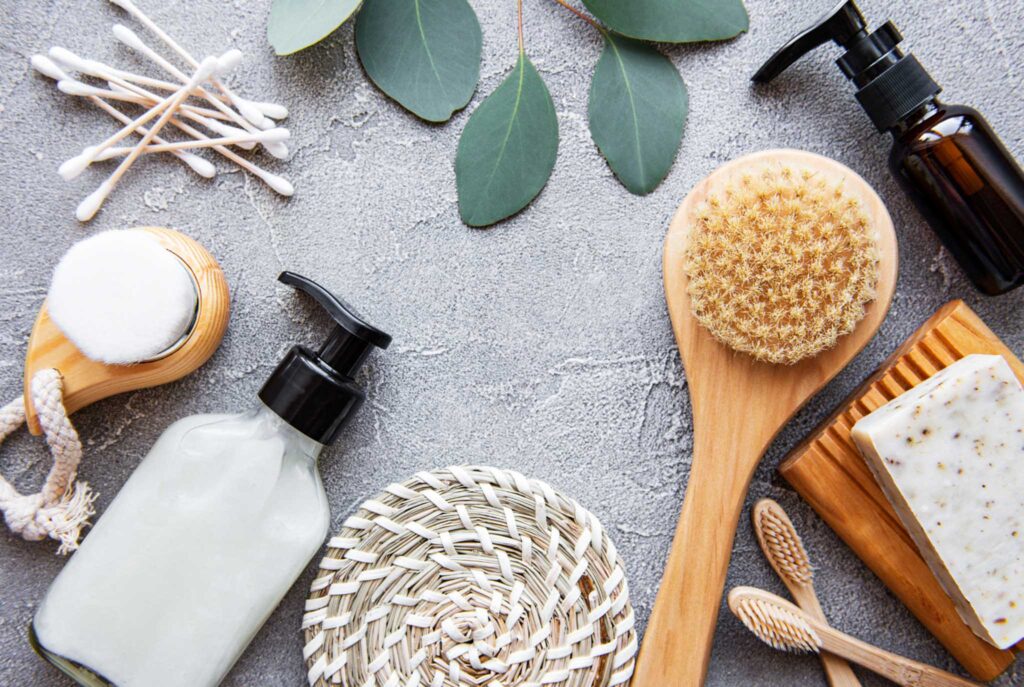
Some sustainable beauty companies and brands make a commitment in one area, while others are champions of many. As consumers, we can decide which ones take priority when it comes to our hair and skin care, cosmetics preference, and personal care product choices.
Jump Ahead
Environmentally-Friendly Certifications & Programs
Beauty Ingredients Certifications
Sustainable Sourcing and Social Sustainability
Cruelty-Free Beauty Certifications & Vegan Certifications
All-Around Sustainability Certifications
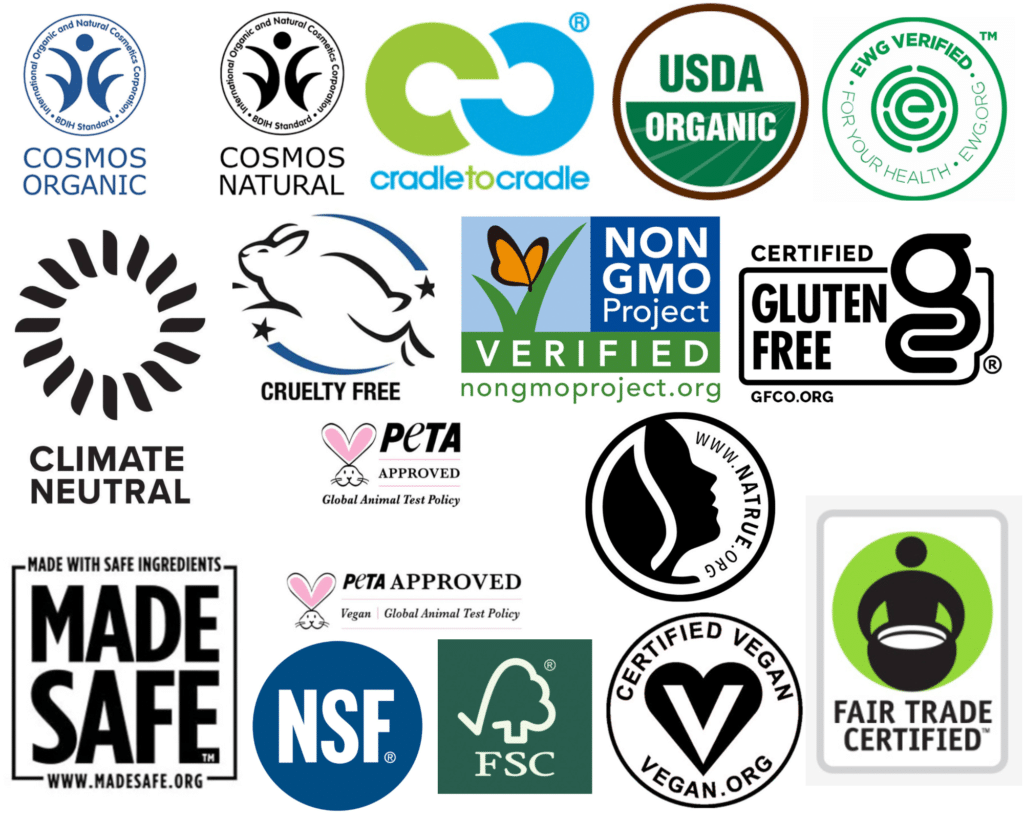
Please note that examples of companies given for each certification may also hold other beauty certifications. As no company is perfectly sustainable, they also might not practice other sustainable initiatives outside the scope of their certifications. For example, a USDA Certified Organic product might not use eco-friendly or recyclable packaging. Please check the brand’s website before purchasing to ensure its sustainability values align with yours!

Environmentally-Friendly Certifications & Programs
Undoubtedly, the beauty industry has played a large role in climate change and the planet’s plastic problem. Some manufacturers and brands take environmental action by using recycled paper packaging, eco-friendly ingredients, alternative energy sources, and more. If your priority is a plastic-free life, you might want to check out our article “How to Create a Plastic-Free Beauty Routine” as well.
Here are some of the most highly sought-after beauty product certifications concerning the environment:
Climate Neutral Certified
Certifies almost every kind of company.
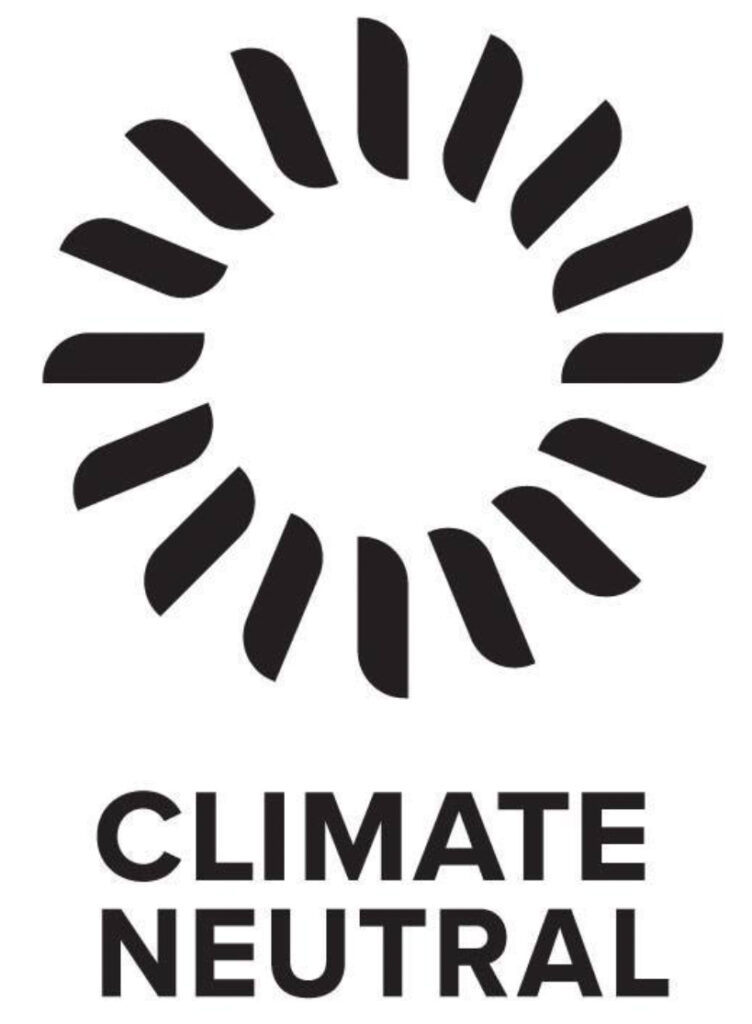
To be Climate Neutral Certified, a company must first assess the carbon impact and measure emissions of their products and services from source to shelf or cradle to consumers. The brand must also be actively working to reduce greenhouse gas emissions throughout this process while documenting plans and progress. Every year, it must compensate for all emissions with eligible verified carbon and energy credits.
Beauty product brands with this certification: Earth Harbor Naturals (Skin Care) & Boonboo (various bamboo products from ear swabs to straws)
Forest Stewardship Council
Certifies companies using materials derived from the forest sector.
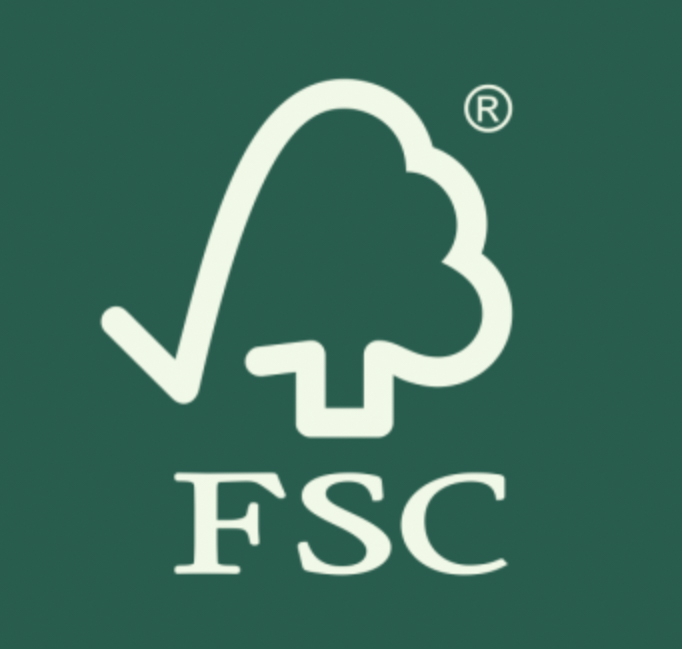
Companies creating personal care products and in the beauty industry that use paper packaging either directly for the product or in shipping can seek certification from the FSC. The FSC requires the support of several third-party actors for operation and to maintain independence and integrity, leading to sustainable management of the world’s forests. To be FSC certified, a company must ensure that any products derived from the forest sector are sustainably sourced and managed.
Brands with this certification: Antonym (makeup brand) and Earth Harbor Naturals (Skin Care), Chagrin Soap and Salve Company
1% for the Planet
Any company or project can make this commitment.
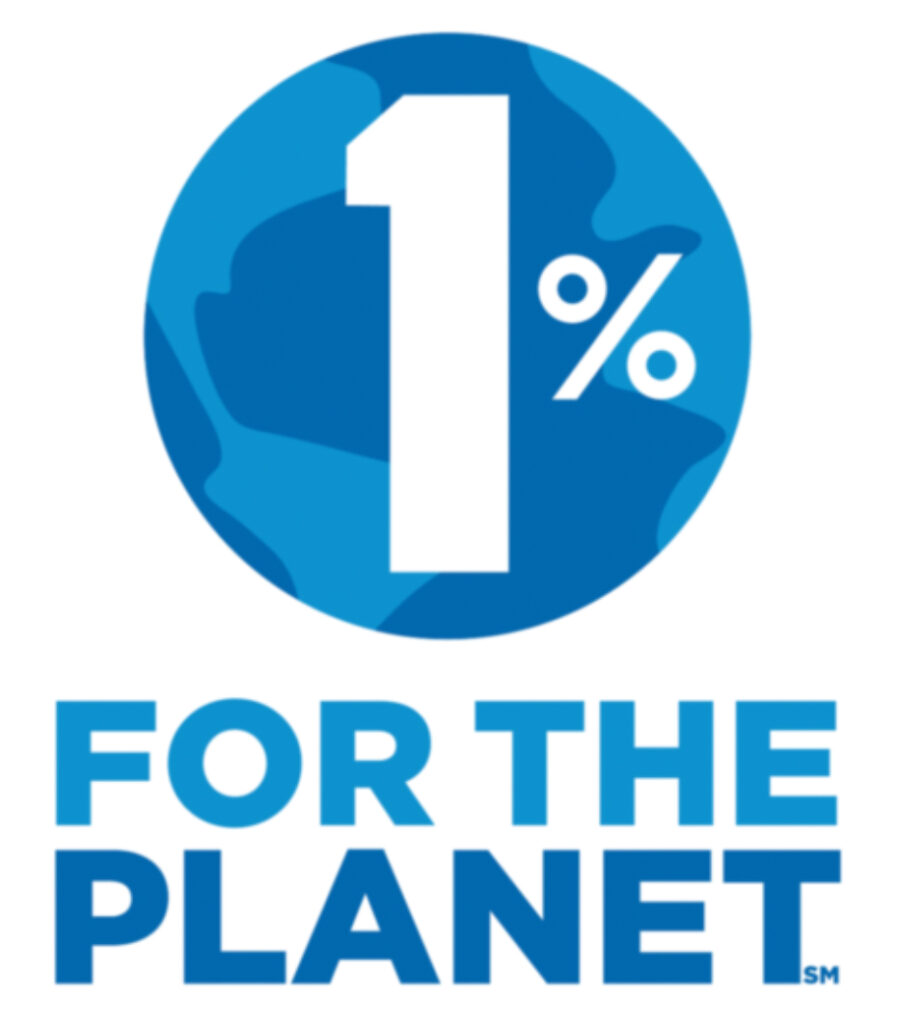
Not so much a beauty product certification as a promise to dedicate 1% percent of gross sales to the environment. Companies and brands make a commitment to a membership annually, while 1% for the Planet advises on giving strategies, certifies donations, and amplifies the impact of the network.
You can check to see if your favorite company or brand is a member here.
Beauty Ingredients Certifications
Considering we use health and beauty products on our skin, hair, teeth, and body, ingredients of natural and organic origin are imperative for human health. Savvy consumers demand raw materials derived from certified organic farming without added chemicals or other harmful ingredients. There is nothing sustainable about toxins in our skincare routine. Brands seeking natural and organic beauty seals may have one of the following:
USDA National Organic Program
Certifies crops, livestock, processed food products, and wild crops.
For a cosmetic, body care product, or personal care product to be certified under the NOP regulations, it must meet the standards for organic production, handling, processing, and labeling of all its agricultural ingredients. All steps of the final product’s production, handling, and manufacturing must be certified by a USDA-accredited organic certifying agent. There are four organic labeling categories based on organic content and other factors:
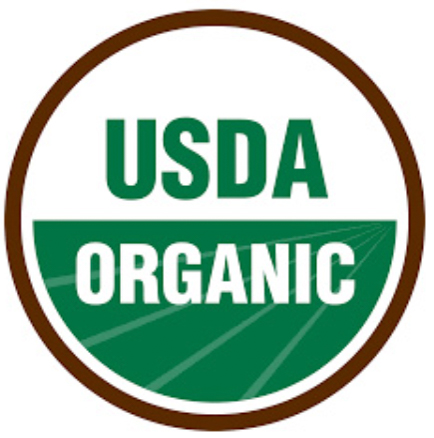
- “100 percent organic “- all ingredients must be certified organic; the product may display the USDA Organic Seal.
- “Organic” – product must contain at least 95% organic ingredients, and others must be on the approved National List; the product may display the USDA Organic Seal.
- “Made with organic ingredients” – products contain at least 70% organic ingredients and may not display the USDA Organic Seal.
- Less than 70 percent organic ingredients – products cannot use the term “organic” anywhere on the label.
Beauty product brands with this certification: Honey Girl Organics (Skin and Hair Care) & Evanhealy Skincare (Skin Care, Cosmetics, Perfume, and Accessories) & Earth Harbor Naturals (Skin Care), Chagrin Soap and Salve Company
Related: The Best Sustainable Shaving Soaps for Sensitive Skin
Environmental Working Group (EWG) Verified
Certifies personal care products & cleaning products.
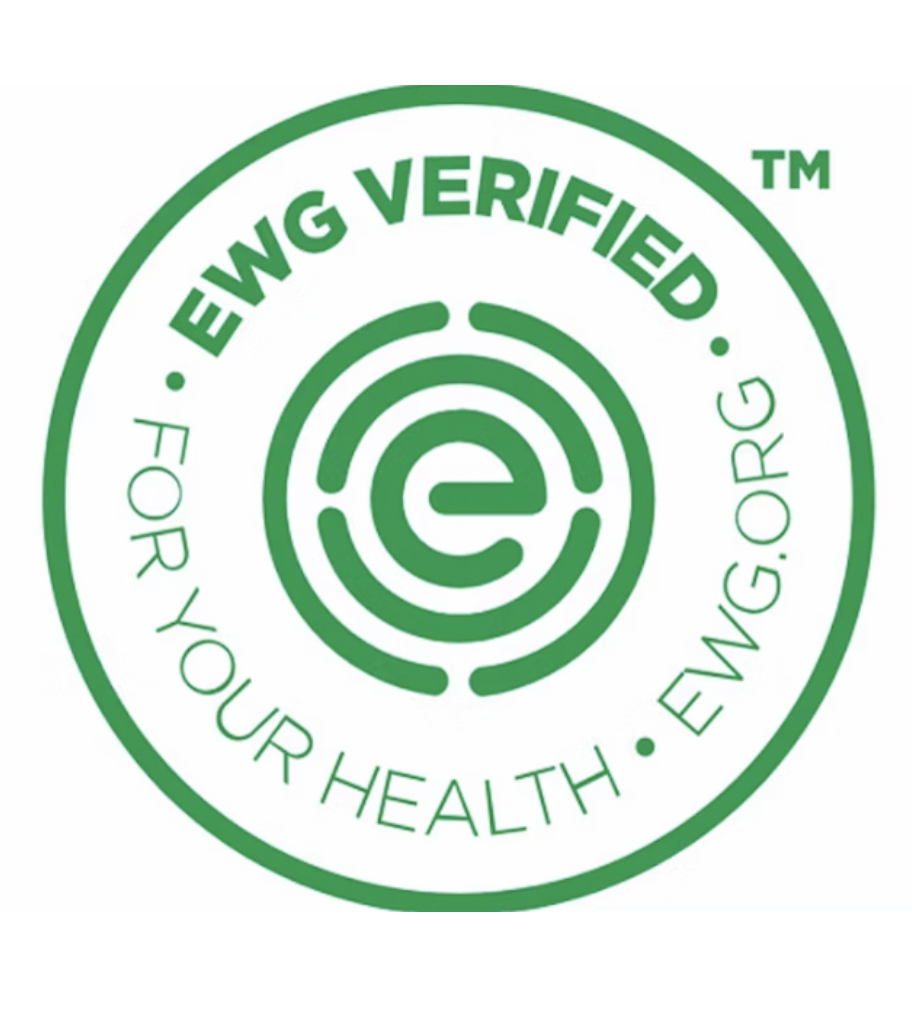
For a product to be certified, it must score a “green” in EWG’s Skin Deep® database. This means it cannot contain any ingredients on EWG’s “Restricted” list, including those with health, eco-toxicity, or contamination concerns. The product must also indicate an expiration date and disclose all ingredients on the label, including allergens and nano-materials.
Brands that sell products with this certification: Planted in Beauty (Skin Care and Nutritional Supplements) & Attitude (Skin, Body, and Hair Care)
Non-GMO Project Verification
Certifies seed and vegetative propagation materials, wholesale or retail goods for human or pet use, over-the-counter (OTC) drugs and homeopathic remedies, livestock, poultry, bee, and seafood feed and supplements.
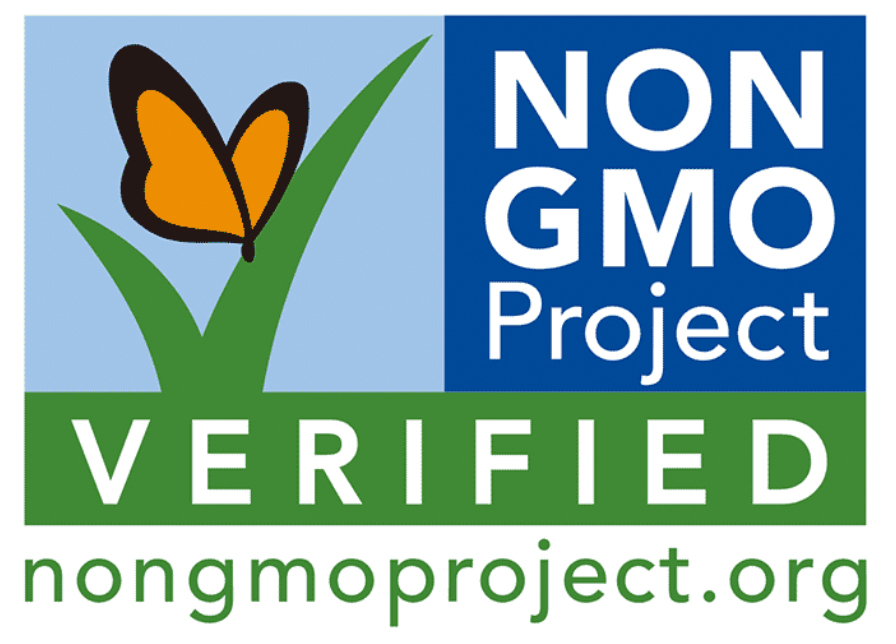
First off, what is a GMO? A genetically modified organism is an organism to which biotechnology has been applied and includes any derivatives of such an organism. Cloned animals are included in this definition. For a product to be Non-GMO Verified, all ingredients used in its production must be GMO-free.
Brands with this beauty product certification: Earth Mama Organics (all kinds of products for baby & mama) and Earth Harbor Naturals (Skin Care)
NSF (National Science Foundation)
Certifies automotive, aerospace, food, water, construction, and health products.
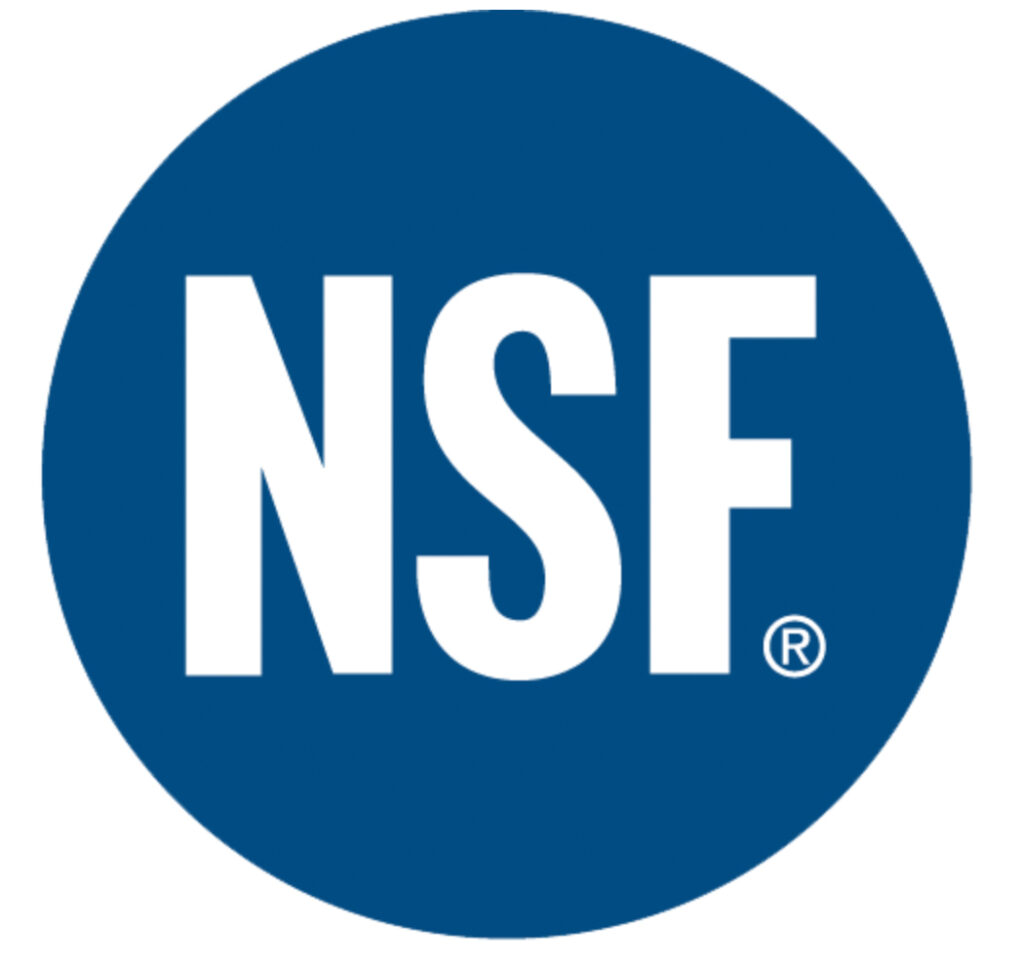
The NSF mark assures consumers, retailers, and regulators that certified products have been rigorously tested to meet all standard requirements. Ingredient certification for personal care products is ensured through comprehensive testing to verify the identity and quantity of ingredients on the label. Facility audits are conducted to verify the social responsibility scheme of the brand, and the ISO 14004 standard was developed to reduce the impact that a company’s operations have on the environment.
Brands that sell products with this certification: Ogee Luxury Organics (Makeup and Skin Care) & Avalon Organics (Skin Care and Bath & Body)
COSMOS Standard
Certifies cosmetics and personal hygiene products.

The Cosmos Standard is for those seeking certification to indicate they use natural resources responsibly and respect the environment and human health. For a product to be certified, 95% minimum of the plants it contains must be organic. Other storage, manufacturing, packaging, labeling, and environmental impact standards must also be met.
Brands with this beauty product certification: Kora (Skin Care) & Cocoon Apothecary (Skin Care, Bath & Body, Shaving & Grooming)
Natrue
Certifies products intended for cosmetic use.
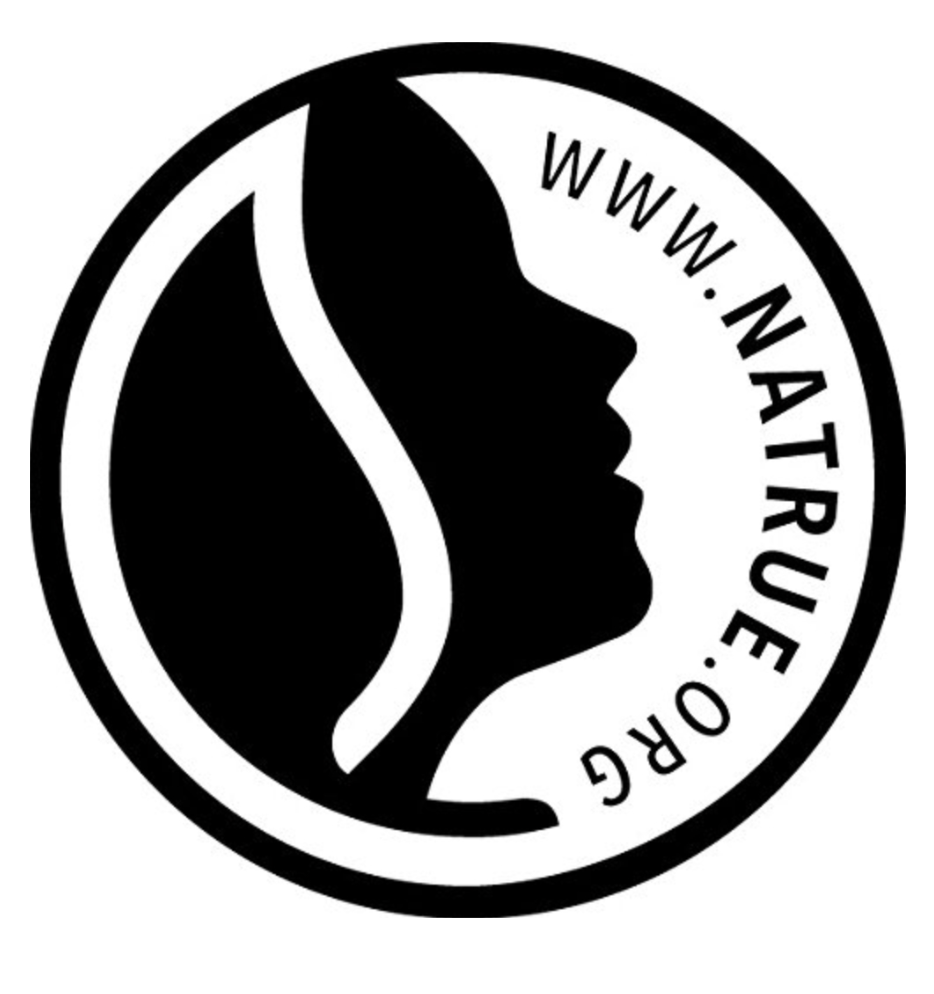
To qualify for this certification, at least 95% of the product’s natural substances of plant and animal origin must come from controlled organic farming or wild collection. The Natrue certification prohibits the testing of animals on finished products and the use of GMOs or chemical fragrances. To bear the NATRUE Label, at least 75% of products of a specific brand must be eligible to achieve the NATRUE certification.
Example that makes products certified by Natrue: Dr. Bronner’s Magic Soaps (Skin and Hair Care)
Made Safe
Certifies products intended for distribution and use by humans.
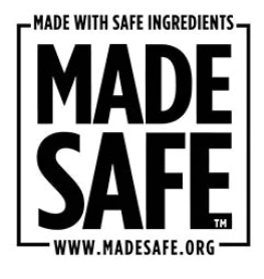
Made Safe is a human health and ecosystem-focused product certification program. Ingredients are screened for over 6,500 harmful or restricted substances such as carcinogens, endocrine disruptors, heavy metals, and harmful VOCs. Brands must submit detailed ingredient information, as well as the process involved in formulation for manufacturing transparency. Only when all substances meet the standards is the product granted the MADE SAFE seal.
Examples of brands that sell products with this seal: Annmarie (Skin, Hair & Body Care, Accessories & Tea) & True Botanicals (Skin, Hair, & Body Care)
Gluten-Free Certification Organization
Can be found on products destined to be consumed or used topically.
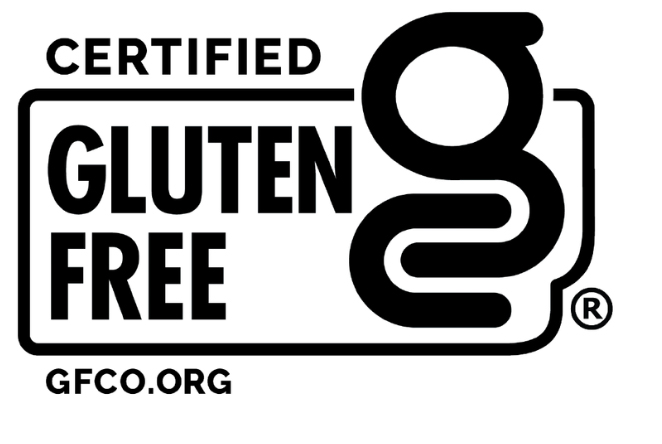
The GFCO is the leader in gluten-free certification. Products that carry the mark represent unmatched reliability for meeting the strictest gluten-free standards.
Examples of brands that offer certified gluten-free products: Gabriel Cosmetics (Skin Care, Makeup, Nails, and Kids)
Sustainable Sourcing and Social Sustainability
Let’s not forget the people who make our health and beauty products! From gathering raw materials and throughout the supply chain, employees deserve ethical treatment, living wages, and safe working environments. The following ethical beauty certifications can help you find brands and products that prioritize responsible production.
Fair Trade Certified
Can essentially certify anything manufactured on Earth, with brand, producer, and trader certifications available.
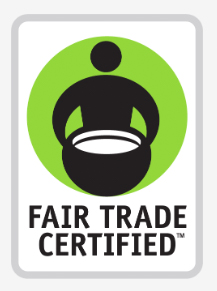
Fair Trade Certified has strict standards to ensure environmental protection and sustainable manufacturing. You can rest assured that products with this certification are derived from safe and healthy working conditions with fair pay that are free of child labor. Producer communities also receive additional compensation through Community Development Funds.
Examples of brands with Fair Trade beauty certification: Eco Lips (Lip & Facial Care, Insect Repellent) and Earth Harbor Naturals (Skin Care), Kooshoo (Hair Accessories)
Cruelty-Free & Vegan Certifications
Animal testing and animal-derived ingredients need to be a thing of the past! The following certifications will leave you assured that the product you purchase is cruelty-free:
Leaping Bunny
Certifies animal care, personal care, household, and cosmetic products.
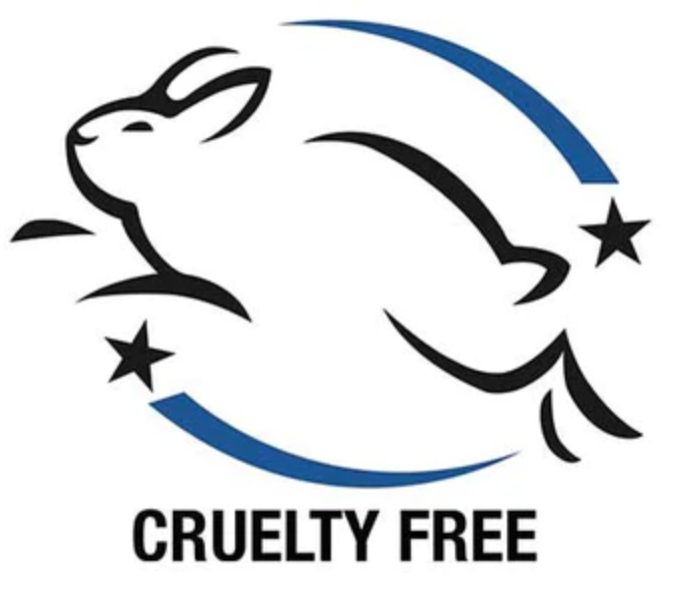
To be certified with Leaping Bunny, there cannot be any animal testing of any ingredients, formulations, or products all along the supply chain of a final product. A strict supplier monitoring system must be implemented to ensure that no animal testing is ever performed, at any level of production, in foreign or domestic countries. Animal Testing excludes in vitro tests or tests conducted completely with human volunteers.
Examples of Leaping Bunny certified brands: River Organics (Makeup & Aromatics) & Grounded Sage Skincare (Facial Care), Ogee Luxury Organics (Makeup and Skin Care), & Plaine Products (Hair & Skin Care), Chagrin Soap and Salve Company, Plaine Products (Hair & Skin Care)
Beauty Without Bunnies
Certifies cosmetics, personal-care products, household cleaning products, and other common household products.
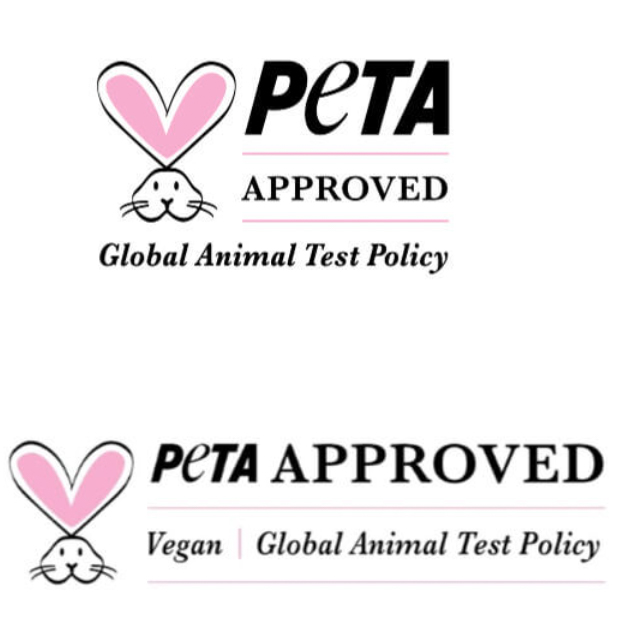
PETA’s Global Beauty Without Bunnies program has two types of certifications, the first of which is global animal test-free. The guidelines for this certification are the same as mentioned in the Leaping Bunny standard above. The second is global animal test-free and vegan, with the same standards as the first, but with the added regulation that the entire product line of a brand or company is free from animal-derived ingredients, such as honey, beeswax, or carmine.
Examples of brands that are certified cruelty-free and vegan certified: Love Sun Body (Sunscreens) & War Paint for Men (Skin Care, Face & Beard), Cocoon Apothecary (Skin Care, Bath & Body, Shaving & Grooming), & Plaine Products (Hair & Skin Care)
Certified Vegan
Certifies individual products owned by companies located in the United States, Canada, Australia, New Zealand, and US territories.
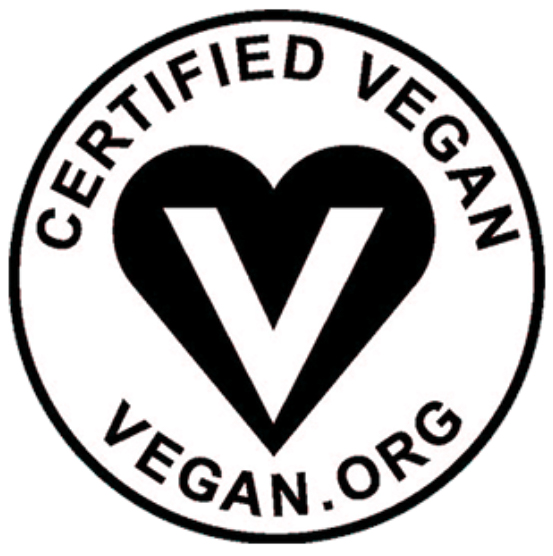
The Vegan Awareness Foundation administers the Certified Vegan Logo. To be certified, the product must not contain animal products or byproducts such as honey, fur, silk, feathers, or sugar filtered with bone char. Products must not have been tested on animals by the supplier, producer, manufacturer, or independent party. The product also may not contain any animal-derived GMOs or animal-derived genes.
Examples of companies that are Certified Vegan: Sea Witch Botanicals (Incense, Candles, Perfumes, Skin Care, Home Goods) and Piper Wai (Deodorants, Body Wash & Hygiene)
All-Around Sustainability Certifications
Cradle to Cradle
Certifies apparel, textile, footwear, beauty products, cosmetics, personal care products, and packaging.
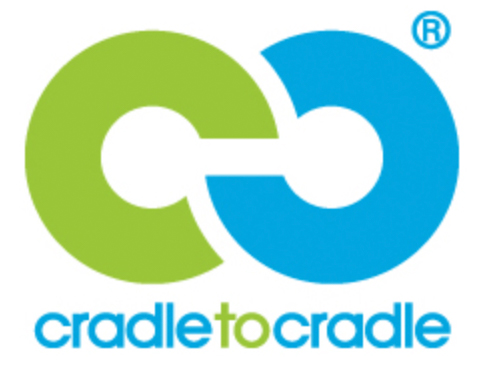
The Cradle to Cradle Certified® Product Standard is a multi-attribute certification working toward a healthy, equitable, and sustainable future. Five categories are assessed – material health, product circularity, clean air, climate protection, water and soil stewardship, and social fairness.
Company certified by Cradle to Cradle: Blueland (Personal Care & Cleaning Products)
Certified B Corporation
Certifies any company that wants to make a positive impact socially and environmentally.
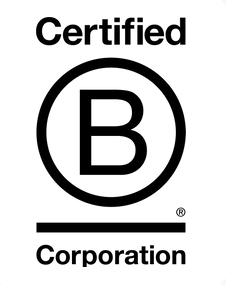
B Corp Certification is holistic and measures a company’s entire social and environmental impact. The designation indicates that a business meets high standards of verified performance, accountability, and transparency. Some factors included in the environmental impact assessment are employee benefits, input materials, supply chain practices, and charitable giving.
You can use this page on the B Corp website to find out if a brand has certification.
Examples of B Corp Certified companies: Spinster Sisters (Skin, Hair & Body Care), W.S. Badger Co, Inc. (large variety of personal care and health products), & Plaine Products (Hair & Skin Care)
Final Thoughts about beauty product certifications
Buying eco-friendly, socially sustainable, and cruelty-free personal care products doesn’t have to be complicated! First prioritize your values and then look for the corresponding certification labels. Set your own green beauty standards and then find the brand that aligns with them. No one can be perfectly sustainable, including a cosmetic brand or you. When everyone makes little efforts anywhere they can, we can make a big impact everywhere.

